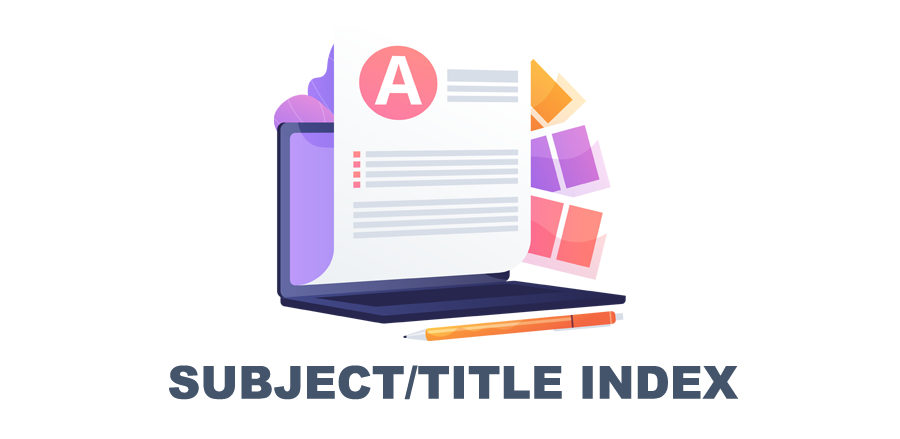Peningkatan Kemampuan Berfikir Reflektif untuk Meningkatkan Retensi pada Mata Pelajaran Pendidikan Agama Islam di SMP Islam Brawijaya Mojokerto
DOI:
https://doi.org/10.32616/pgr.v2.2.136.79-84Keywords:
Reflective Thinking, RetentionAbstract
When students study Islamic religious education, there are several problems that cannot be solved easily by students using the usual procedures used, students must understand at least being able to read the Qur'an, students must understand the science of jurisprudence, morals, and even the history of Islamic civilization and Arabic almost simultaneously. Often students find it difficult to determine the steps to be taken. For this reason, students need to recall the knowledge that has been held and stored in their memories. The purpose of this study was to describe reflective thinking skills to improve retention in Islamic Religious Education subjects at the Mojokerto Student Islamic Middle School. This research is a qualitative descriptive study, carried out in class IX students of Brawijaya Islamic University in Mojokerto in the academic year 2017/2018. The data collection method used is the interview method. The data obtained are then analyzed based on predetermined reflective thinking indicators. Data processing is carried out by conducting study activities, verification and reduction, grouping and systematization, and interpretation or interpretation so that a phenomenon has social, academic, and scientific value. While data analysis in this study was carried out during and after data collection using descriptive-critical-comparative methods, and content analysis methods. From the results of the analysis concluded: 1) Reflective thinking that must be developed by the teacher so that students can carry out activities that include activities: observing, reflecting, collecting data, considering moral principles, making estimates, considering strategies and actions. 2) At the stage of absorbing and storing learning outcomes (retention) with the knowledge possessed to interpret the problem at hand. At the stage of planning problem solving, students can determine the strategies or steps that will be used to answer test questions or problems in life
Downloads
Downloads
Published
Issue
Section
License
Copyright (c) 2018 Muhammad Budi Arief

This work is licensed under a Creative Commons Attribution 4.0 International License.







